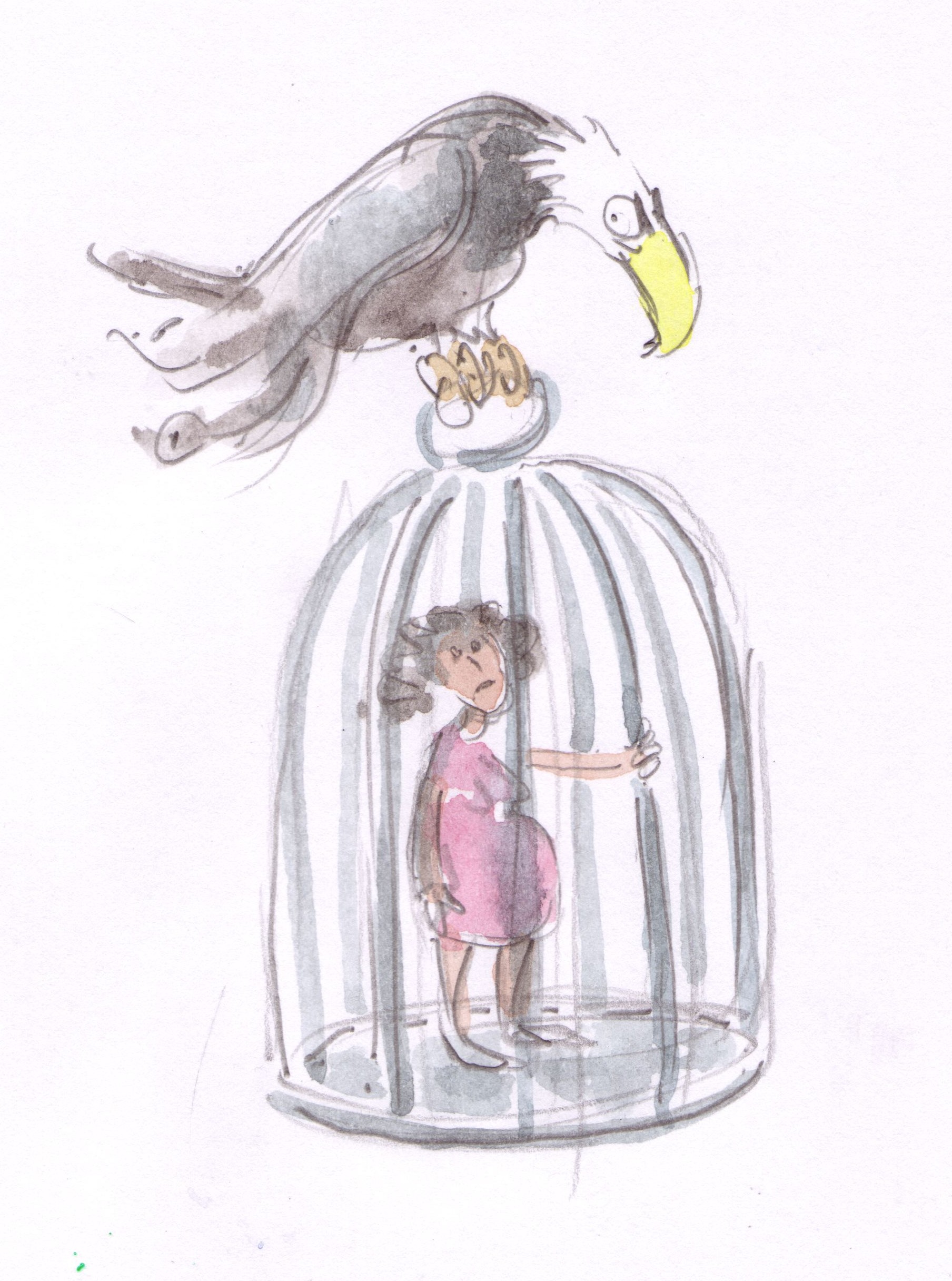
It is now four months since an Indiana court sentenced Purvi Patel to 70 years in prison for feticide and neglect of a dependent, based on an obsolete method called the floating lung test which determined the fetus was alive, not stillborn as Patel claimed. Despite an initial flurry of protest from various organizations internationally, such as National Advocates for Pregnant Women and Manavi, since their April and May 2015, there has been silence in the news media regarding her cruel and unjust conviction.
Looking at this case within the framework of the crumbling reproductive justice for women highlights important factors that are becoming more widespread across the U.S. Patel’s case is part of a growing history of women who have been convicted for miscarriages. With the erosion of reproductive justice in the U.S., women’s intentional abortions, miscarriages and giving birth to a stillborn child increasingly come under judicial scrutiny. In Patel’s case, the Indiana law penalizes women for getting abortions outside state sanctions. So even if abortion is legal under federal law, state law found Patel guilty.
Would her sentence be different had she been a resident of New York or California, since the cutoff dates for obtaining legal abortion differ between states? This question gets murkier, when we put race and class into the heavily gendered mix. The arbitrariness of the law when applied to women is dumbfounding.
If the abortion pill can be legally obtained in the U.S., why is it illegal to obtain abortion pills by mail? It would be absurd to restrict pharmacies in other countries to mail abortion pills to the U.S. So the prosecutor in the case argued the obvious – that the fetus was a person and needed to be protected from the mother who was trying to kill it. The absurd and cruel outcome is that the case was treated like first degree murder, instead of a case of unintended pregnancy, the mother’s attempt to abort (legal in many countries, including some states in the U.S. currently), and birth of a stillborn fetus. Patel did not receive any respite from medical practitioners or the law.
Does Patel’s attempt to go to a hospital because of her bleeding that led to the doctor and law enforcement officer reporting her “illegal act” mean that pregnant women would fear getting medical help? This is exactly the outcome, says Lynn Paltrow of the National Advocates for Pregnant Women. Doctors who are supposed to be advocates for patients are now turning against their female patients based on the law of the state, and sometimes their belief systems. Forget the Hippocratic oath!
In India, where feticide is prevalent, the judicial system is caught between legal abortion, which was partly strengthened by a population control policy, and the government’s attempt to dissuade women from aborting female fetuses. It is often difficult to say for sure if an abortion was just that, an abortion, totally legal, or a female feticide. How can the same abortion if legal be also illegal—this is the conundrum for Indian courts. As social scientists point out, we need to look at the large social system—institutions, families, and so on that promote male privilege; so we need to figure out how to change the culture instead of penalizing women.
Recently, an Indian reporter said Purvi Patel’s alleged feticide would be “normal” in India. I would argue that it is important to combat a culture that would advocate feticide; by the same token, we need to combat a culture that penalizes women for obtaining an abortion and tells her summarily that her body, and her fetus, is the property of the State. Apart from the legal determination on Purvi Patel’s case, the very fact of women not being allowed any right over their reproductive functions is outrageous. And to be eviscerated of freedom by being sent to prison, by arguing that self-induced abortion is a crime, is an egregious wrong.

(Photo Credit: Kostsov/Thinkstock) (Original drawing by Pierre Colin Thibert)